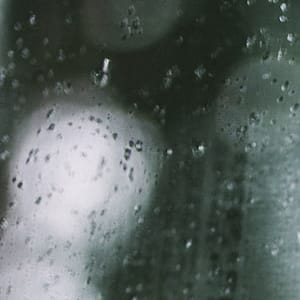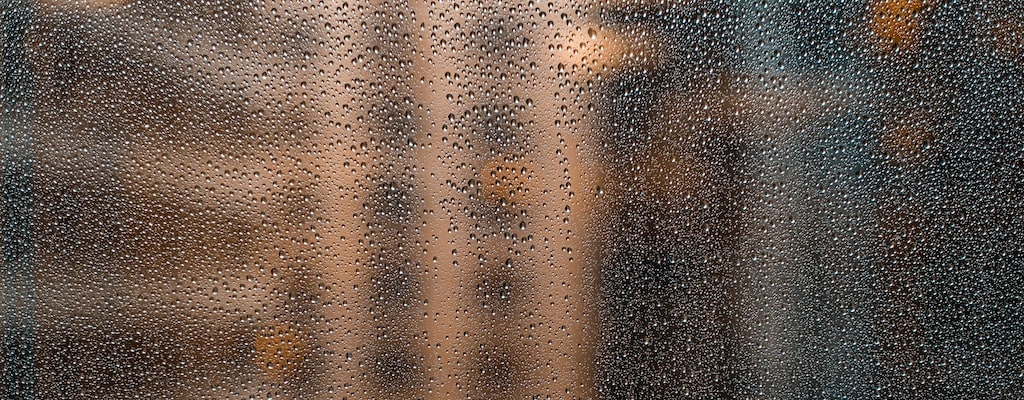toad-strangler: Idiom Meaning and Origin
What does ‘toad-strangler’ mean?
Toad-strangler:
A colloquial expression referring to a heavy rain or storm that pours down with great intensity, often causing flooding or making it difficult to see. The phrase is used to describe a downpour of rain that seems as if it could soak a toad.

Idiom Explorer
The idiom "water down" means to dilute or weaken something, making it less potent or effective.
Water down is an idiom with a clear and well-established meaning. It means to dilute or weaken the strength, intensity, or impact of something. This metaphorical meaning comes from the literal act of adding water to a substance, which reduces its potency or effectiveness.
Tempest in a Teapot is an English idiom with a distinct figurative meaning. It refers to a situation or event that is considered to be more dramatic, intense, or important than it really is. The idiom can be traced back to the mid-19th century and has been widely used in various contexts.
The idiom "stormy weather" refers to a period of difficult and turbulent times or circumstances, often related to emotional or challenging situations.
The idiom "soaking wet" is used to describe someone or something that is extremely wet or drenched with water. It emphasizes the degree of wetness and can be used figuratively to express being thoroughly wet or saturated.
The idiom "snowed under" means to be overwhelmed or flooded with too much work or responsibilities.
The idiom "snowed under" is an expression commonly used in both spoken and written English, originating from the United States. It is a figurative phrase that refers to the feeling of being overwhelmed or buried by a significant amount of work or responsibilities.
The idiom "shower down" means to rain or fall down heavily and abundantly, often used metaphorically to describe a large quantity of something descending rapidly.
The idiom "shower down" is used to describe a sudden and abundant release or appearance of something, often in a rapid and overwhelming manner. It is commonly used in phrases such as "money showering down" or "praise showering down."
The idiom "rain pitchforks" means to rain very heavily or intensely. It is often used to describe a downpour of rain or a severe storm.
Rain pitchforks is an idiom used to describe a very heavy rainstorm. The rain falls so intensely that it resembles a shower of pitchforks. While the expression is not as commonly used as other weather-related idioms, it still holds significance in American English.
The idiom "rain on one's parade" means to spoil or dampen someone's excitement or joyous occasion by introducing something negative or disappointing.
The idiom "rain off" means for an event or activity to be canceled or postponed due to heavy rainfall.
The idiom "rain fire and brimstone" refers to a strong, forceful, and harsh speech or verbal attack that is filled with anger, condemnation, or threats. It is often used to describe a passionate and intense expression of disapproval or criticism.
Origins Unveiled
Toad-strangler is a colorful idiom used in American English, specifically in the southern part of the United States. It is a noun phrase that describes a heavy rainstorm or torrential downpour. When someone uses the idiom toad-strangler, they are emphasizing the intensity and severity of the rainfall, suggesting that it is so heavy that it could potentially drown or strangle a toad.
The idiom toad-strangler is an effective way to convey the exceptional and overwhelming nature of a heavy rainstorm. It paints a vivid picture in the listener's or reader's mind, helping them visualize the extreme intensity of the rainfall. This idiom is primarily used in informal contexts and spoken language, making it a unique expression that adds color and emphasis to conversations and descriptions of heavy rain.
Related to the idiom toad-strangler are several other idioms that also describe heavy rain: "rain cats and dogs," "rain dogs and cats," "rain down," "rain pitchforks," and "rain buckets." Each of these idioms adds its own interesting variation to the concept of heavy rainfall.
The idiom "rain cats and dogs" is a popular expression used to describe a sudden and heavy rainstorm. It suggests that the rain is falling in such large amounts that it feels as if cats and dogs are falling from the sky. This idiom, like toad-strangler, uses vivid imagery to convey the intensity and abundance of the rainfall. Both idioms capture the attention and imagination of the listener and create a memorable impression.
Similar to "rain cats and dogs," the idiom "rain dogs and cats" also describes a heavy rainstorm. It uses a slightly different word order but conveys the same idea. The choice between "cats and dogs" or "dogs and cats" is a matter of personal preference or regional variation. Regardless of the word order, both idioms serve the same purpose of conveying the intensity and heaviness of the rain.
The idiom "rain down" is more straightforward and less colorful than the previous idioms. It simply means that rain is falling heavily from the sky. While it lacks the visual impact of "toad-strangler," "rain cats and dogs," or "rain dogs and cats," it still effectively communicates the idea of a heavy downpour.
The idiom "rain pitchforks" is another expressive way of describing heavy rain. The image of rain falling as if it were sharp and pointed objects adds a sense of danger and intensity to the description. Just like "toad-strangler" and the other idioms mentioned, "rain pitchforks" captures the imagination and conveys a vivid picture of a heavy rainstorm.
Lastly, the idiom "rain buckets" is a simple and direct way to describe heavy rainfall. It brings to mind the image of rain pouring down heavily and steadily, akin to water being poured from buckets. This idiom, along with the others, serves as another colorful and expressive way to convey the idea of a torrential downpour.
The idiom toad-strangler is a vibrant expression used to describe an extremely heavy rainstorm. Along with related idioms such as "rain cats and dogs," "rain dogs and cats," "rain down," "rain pitchforks," and "rain buckets," it adds color and emphasis to conversations about heavy rainfall. Each of these idioms offers its own unique variation on the theme, capturing the imagination and creating memorable descriptions of intense and overwhelming downpours.
Example usage
Examples of how the idiom *toad-strangler* can be used in a sentence:
- "The rain was so heavy last night, it was a real toad-strangler."
- "I've never seen a downpour like that before, it was like a toad-strangler."
- "The storm was so intense, it felt like a toad-strangler outside."
More "Weather" idioms

